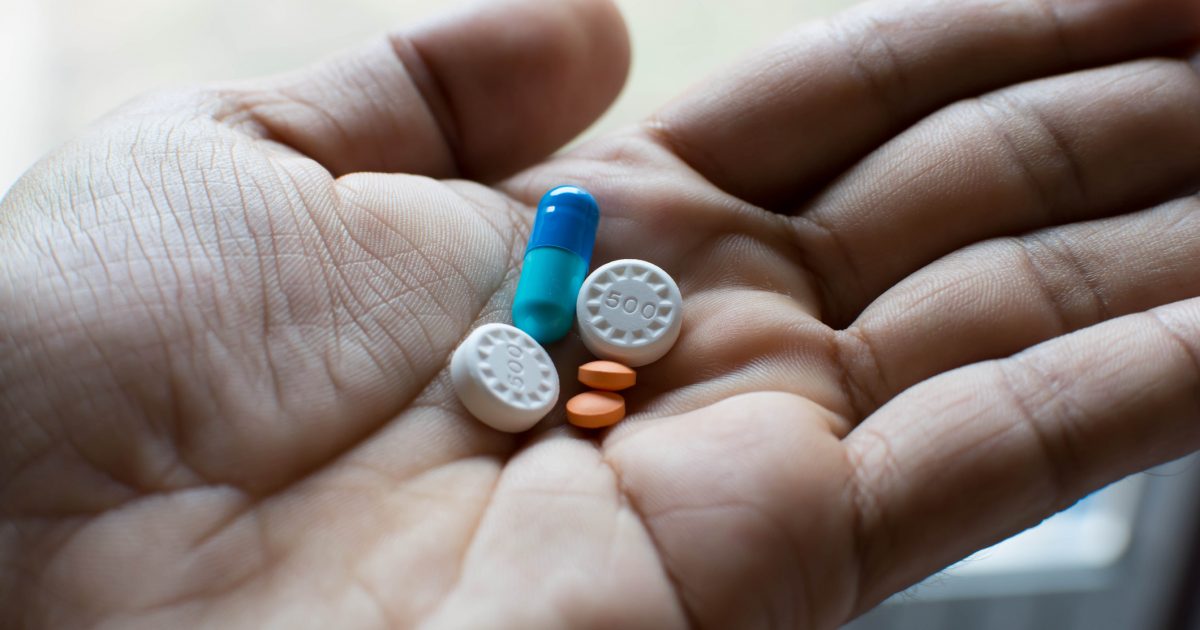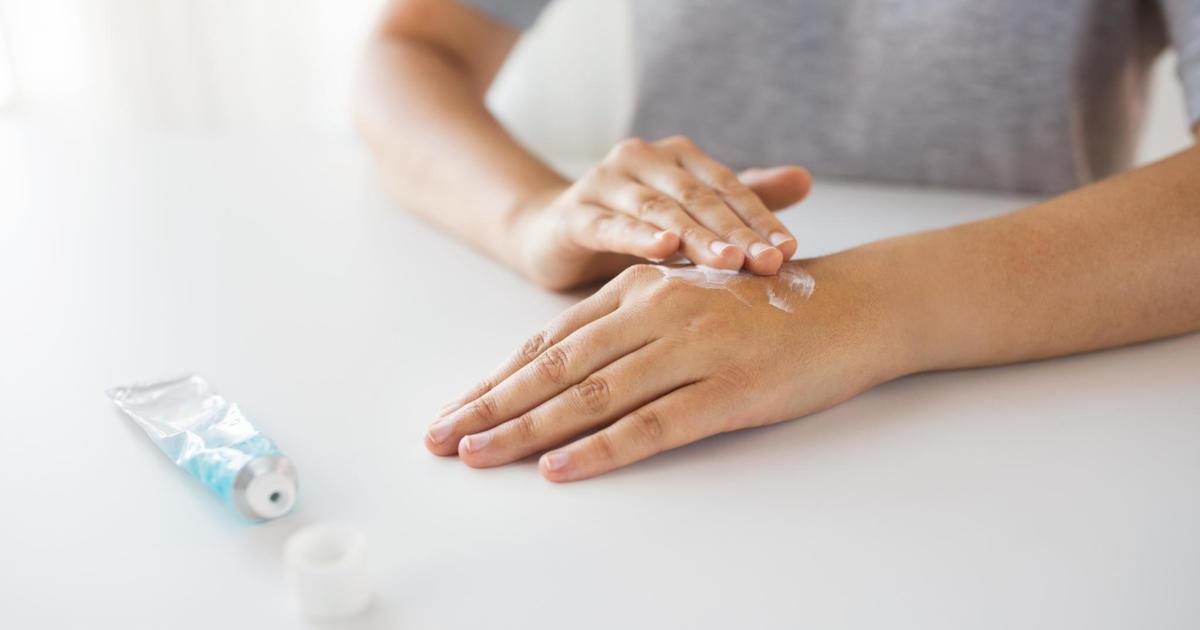Ways To Treat And Prevent Chigger Bites
Treat With Anti-Itch Ointments
One of the major symptoms of chigger bites is extreme itchiness that can persist for weeks. Patients are advised to treat with anti-itch ointments, and treatment may be needed for at least ten to fourteen days. Some examples of effective anti-itch ointments include calamine lotion and hydrocortisone cream, which may be available with or without the addition of diphenhydramine, an antihistamine that can provide additional itch relief. The majority of anti-itch ointments are available over-the-counter, and patients may wish to try several kinds to find the one that works best for them. Typically, most ointments can be applied to the affected area up to four times a day. Patients should apply the creams with a cotton swab instead of using their fingers to minimize the risk of infection. In addition to using anti-itch cream, patients should apply an antiseptic spray or cream. After applying ointments, the affected area should be covered with a bandage.
Get the details on more ways to treat and prevent chigger bites now.
Antibiotics For Infected Bites

Occasionally, chigger bites may become infected. This can occur due to scratching, and chigger bites have as much of a risk of infection as any other bug bite. Patients should monitor the affected areas of their skin for any signs of infection. Symptoms of a potential infection include blisters, redness, warmth, pain, discharge, and pus or a yellowish crust on a sore. If these signs appear or patients have any other concerns, they should visit their doctors to receive antibiotics for infected bites. For skin conditions, antibiotics are typically prescribed in ointment form, and oral antibiotic tablets may be needed for more serious infections. Most courses of antibiotics last for one to two weeks, and patients should ensure they take the entire course.
Continue for information on a great strategy for preventing chigger bites now.
